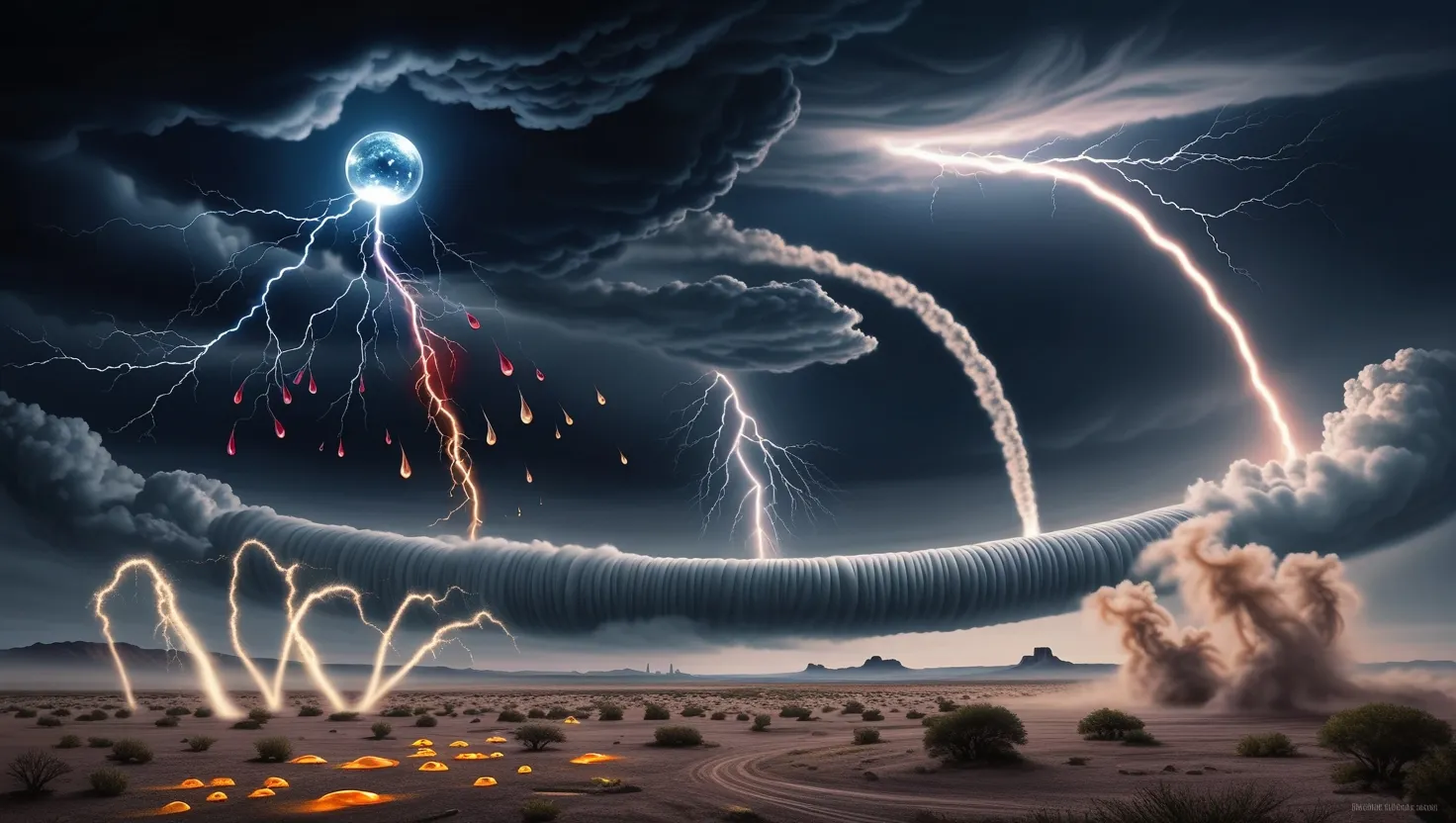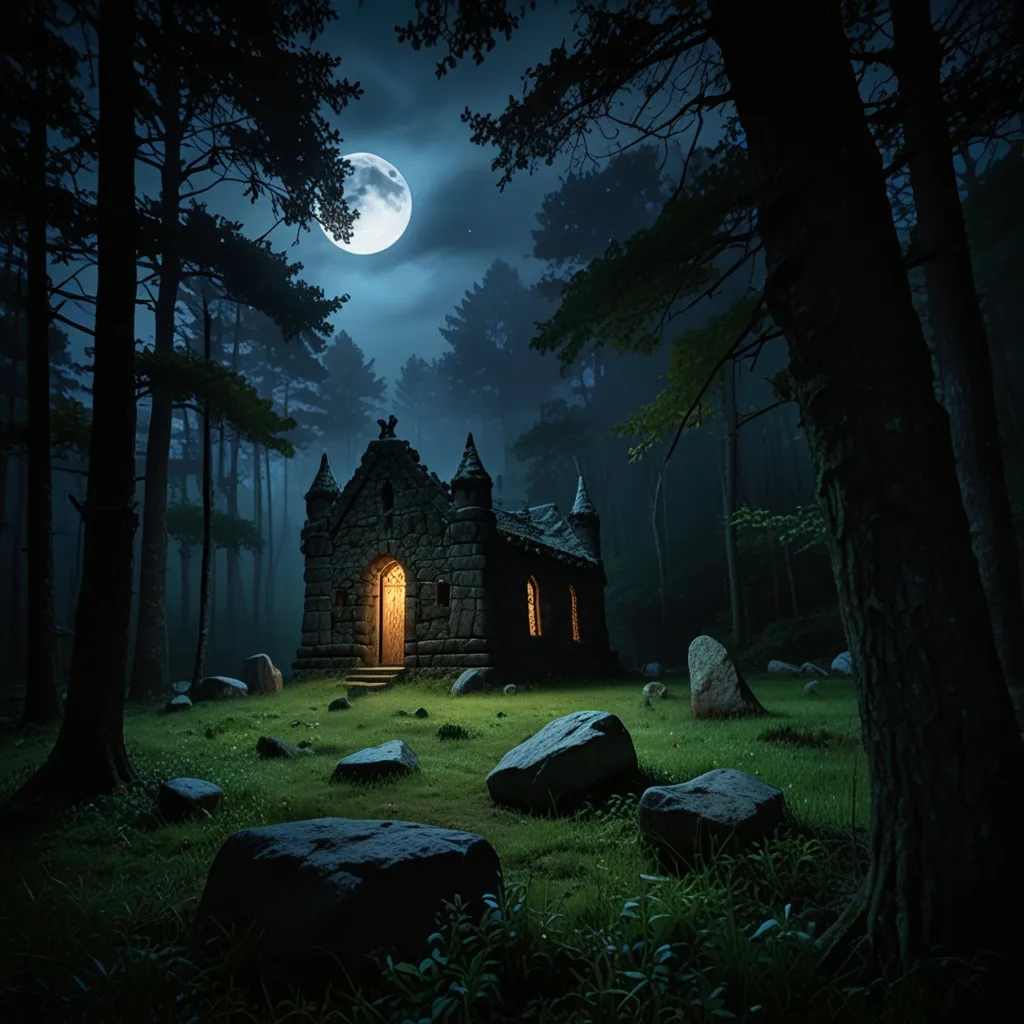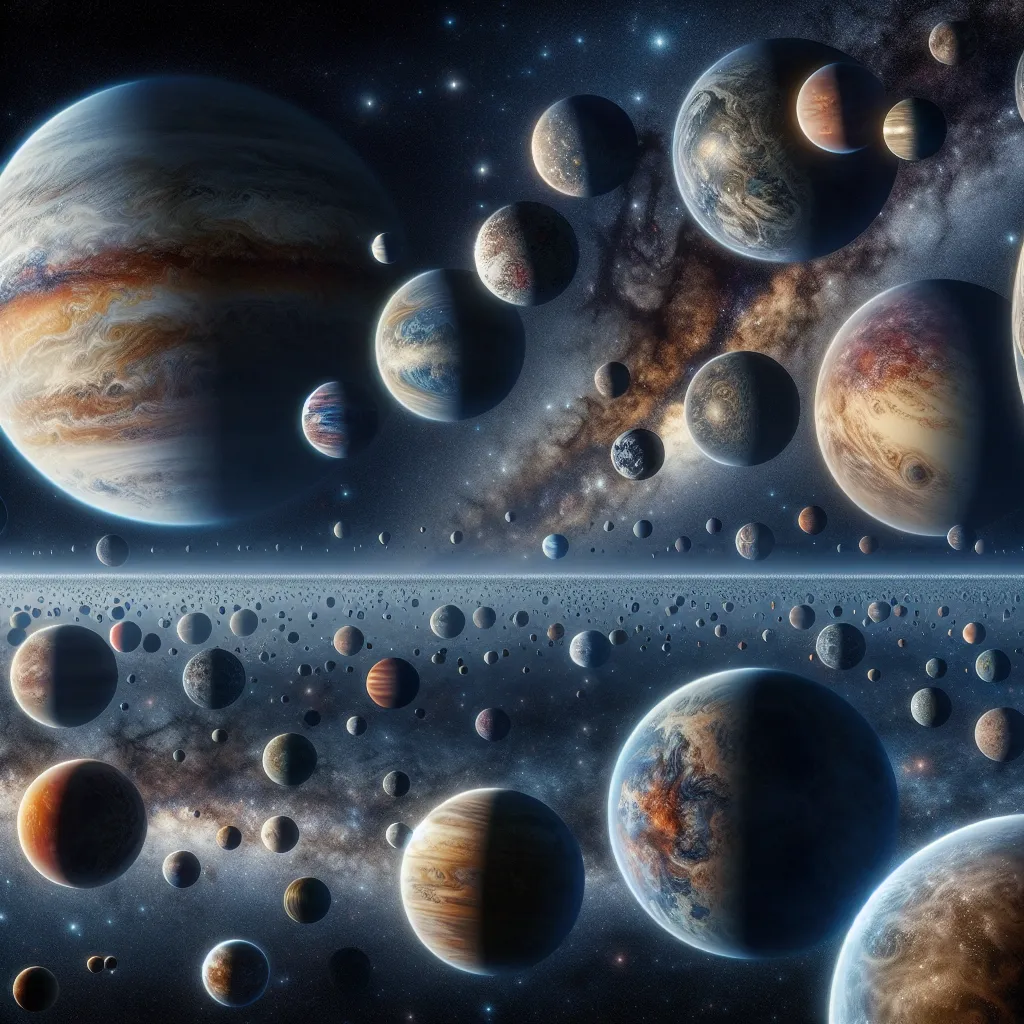What do we really know about the sky above us? Not as much as we’d like to admit. Despite centuries of progress in meteorology, certain atmospheric phenomena still taunt researchers, leaving behind more questions than answers. Occasionally, I catch myself staring at clouds or feeling a sudden shift in weather—wondering if anyone truly grasps the strange energies at work. There’s a hidden world overhead, one where physics seems to bend or even break, and these skies invite curiosity. Let’s talk about those rare events that the textbooks can’t quite explain, the ones that keep atmospheric scientists wide awake at night.
Isaac Newton once said,
“To myself I am only a child playing on the beach, while vast oceans of truth lie undiscovered before me.”
Ball lightning tops the list of things that defy easy explanation. I imagine being indoors during a thunderstorm, when suddenly a glowing sphere floats through the window—or even a wall. Eyewitnesses have described the ball gliding serenely through solid obstacles, hovering near their heads, then vanishing with a pop. Despite efforts from plasma physicists, these balls shouldn’t exist, especially not inside homes where air and materials don’t support such electrical structures. Laboratory attempts to reproduce ball lightning have yielded sparks and flashes, but the smooth, slow, and sometimes purposeful movement of these glowing orbs remains out of reach. Could they be plasma, mini antimatter reactions, or something entirely unimagined?
Now picture stepping outside after a rainstorm, only to find car hoods streaked with crimson or amber droplets. Blood rain isn’t just the stuff of myths; it’s been caught in sample jars and studied under microscopes. Sometimes dust from the Sahara colors rain red, but there are cases where the color defies mineral or organic explanation. Researchers have filtered, evaporated, and even DNA-sequenced these rains, only to find results that don’t neatly fit into known categories of terrestrial matter. Atmospheres on other planets show colored precipitation, but Earth’s processes shouldn’t allow this, especially when local sources are ruled out.
Have you ever heard of star jelly? After meteor showers, people from Wales to the American Midwest stumble on slimy, translucent globs scattered across fields and rooftops. If you’re thinking frog spawn, you’re not alone—but molecular analysis often rules out common animal origins. The composition of this jelly sometimes hints at proteins and amino acids that don’t make sense for Earth’s biochemistry. Is it something shed by meteorites? Remnants of atmospheric life? Some propose microbial life drifting down from above, which brings to mind the unsettling question: Could our skies harbor life we’ve never seen?
Clouds can be beautiful, but in northern Australia, they can be downright bizarre. Locals know the Morning Glory cloud—a massive, rolling tube sometimes stretching over a thousand kilometers. You can watch these clouds race across the sky at highway speeds, dipping low over the savannah without breaking up. Meteorologists have tried to link them to air currents, sea breezes, and geography, yet the precise triggers and their clockwork recurrence stump even seasoned forecasters. The physics of such large, coherent structures aren’t supposed to allow these clouds to travel so far, so fast, and yet here they are, gliding over the Gulf of Carpentaria every spring.
Have you ever wished you could ride a dust devil? In Namibia, you might get the chance—if you can handle the weirdness. These rotating columns of dust and wind crop up far from storms and persist for hours instead of minutes. What boggles the mind is their odd internal stability and the presence of electric fields so strong they rival small thunderstorms. Some recordings show dust devils that seem to feed off unknown energy sources, spinning in dead calm conditions. Why do they last so long? What keeps their centers charged? Meteorologists are still scratching their heads.
Ralph Waldo Emerson captured it succinctly:
“Nature is a mutable cloud, which is always and never the same.”
Imagine checking your local weather station and seeing a pressure jump of fifteen millibars—almost instantly—with no sign of a front, storm, or seismic activity. These sudden atmospheric compression events have been logged around the globe, and data loggers capture sharp spikes that shouldn’t happen without massive energy input. Theoretically, local pressure changes require either large-scale air movement or drastic temperature swings, yet nothing else shifts. Is something unknown pushing on these pockets of air? Could there be exotic forms of atmospheric waves at play?
And then there’s the case of fog that vanishes in the blink of an eye. On certain mornings, airports become shrouded in dense, visibility-killing mist. Suddenly, across several square kilometers, the fog is just gone—captured by LiDAR and satellites as an instantaneous clearance. According to our best understanding, fog should only dissipate gradually, as sunlight heats the ground or wind mixes the air. So how can entire regions clear at once, with no apparent cause?
Let’s pause and consider—if you were in charge of rewriting the laws of atmospheric physics, which of these phenomena would keep you up at night? Which gaps in our understanding do you find most exciting? Are we on the verge of discovering new states of matter, hidden atmospheric chemistries, or even a new branch of science waiting to be named?
Meteorology, for all its satellite networks and computer models, still runs up against questions that textbooks don’t mention. The unexplained is usually where new discoveries hide. Pilots, explorers, and researchers have documented these oddities for decades, often with hard data in hand, and yet each case chips away at our confidence in models that usually perform so well. Does this mean our physics is wrong—or just incomplete? Could subtle energy exchanges, unknown particles, or exotic interactions be at play in the upper atmosphere?
Einstein reminds us to stay curious:
“The most beautiful thing we can experience is the mysterious. It is the source of all true art and science.”
What would it take to solve these mysteries? Perhaps better sensors—ones that don’t just stare but listen for the faintest whispers of the unexpected. Maybe more citizen scientists, who can be there when rare events occur. Or just a willingness to admit that, for all our progress, the atmosphere keeps some secrets close.
Maybe it’s not about having all the answers. Maybe it’s about enjoying the questions, looking skyward, and knowing that our planet still holds surprises for those who watch, who measure, and who wonder. The next time lightning arcs across your window, rain falls in strange colors, or a cloud rolls past that doesn’t fit any category—don’t just look away. That curiosity could help crack the next mystery of the sky. And perhaps, in chasing these unsolved stories, we come a little closer to understanding our place in a universe full of wonder and possibility.






